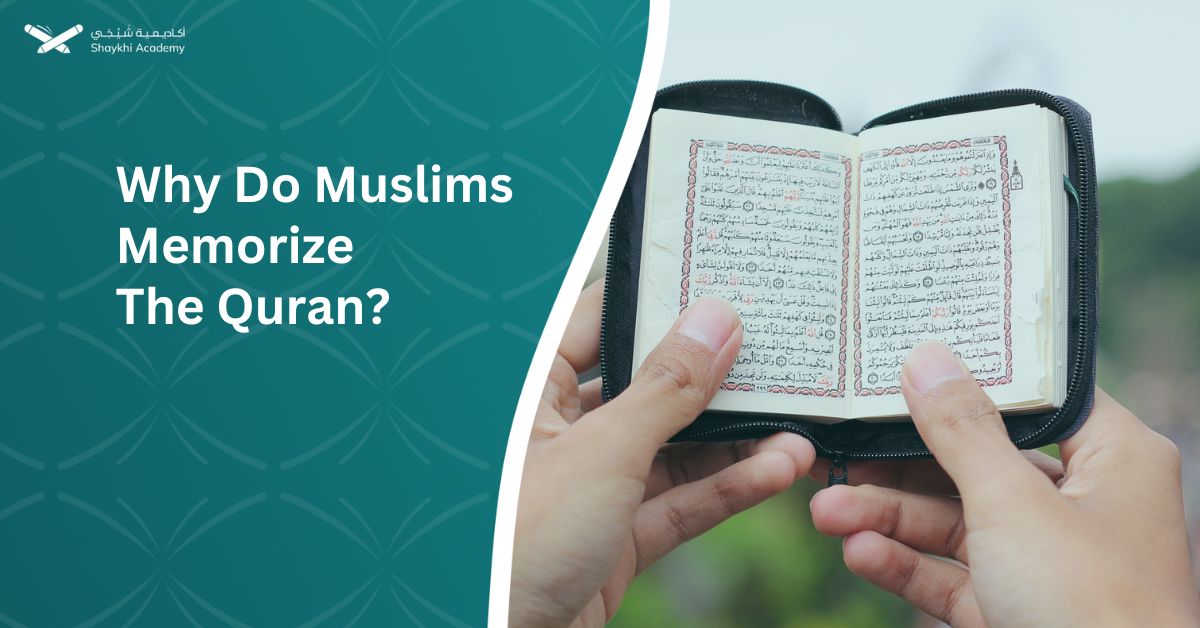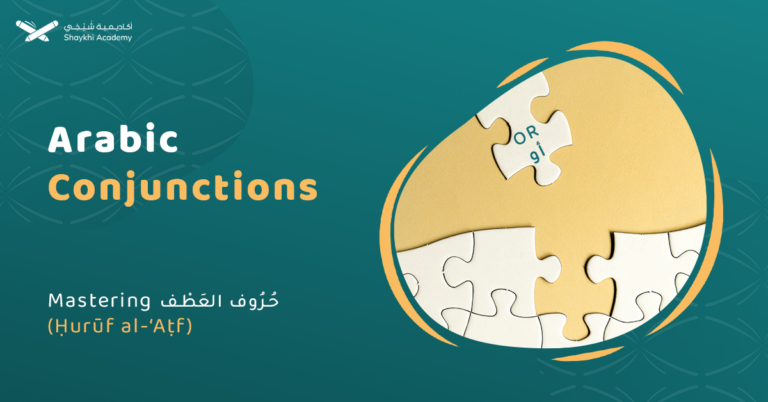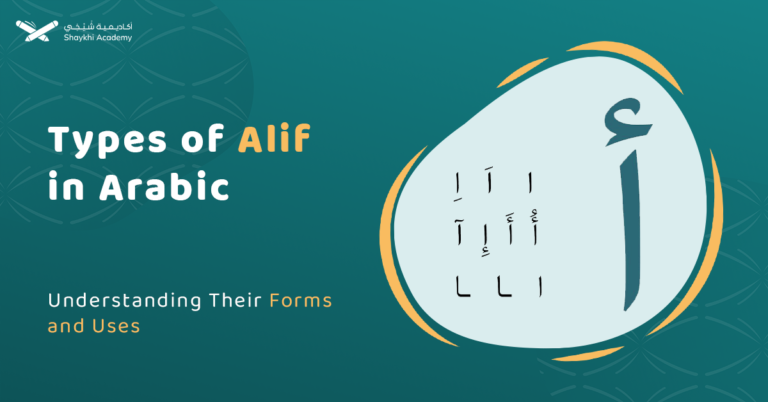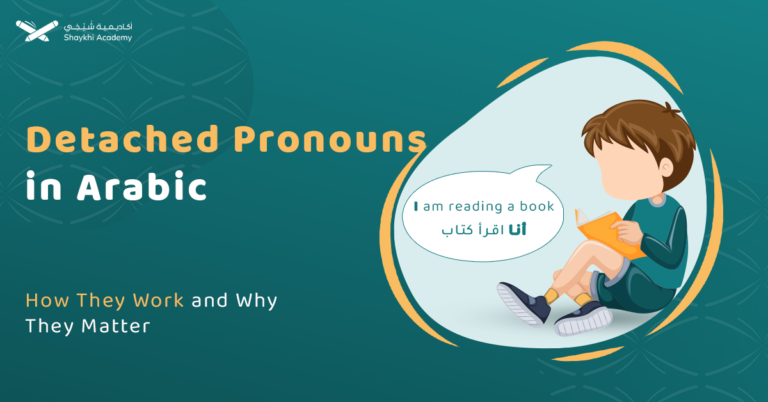Why Do Muslims Memorize The Quran? Muslims who are Memorizing the Quran are not only committing verses to heart; it’s a symphony of spiritual dedication and communal responsibility. Like pearls strung together, each memorized verse adds to the collective treasure of the Muslim community, ensuring the Quran’s preservation for generations to come. It’s not merely a task but a journey of understanding, applying, and embodying divine teachings.
In this odyssey of remembrance, believers find themselves adorned with crowns of honor, walking hand in hand with angels in heavenly realms. Beyond the celestial rewards, Quranic memorization shapes minds, hones skills, and nurtures ethical souls. It’s a tapestry where faith meets intellect, and duty intertwines with destiny, enriching lives with wisdom and grace.
Do Muslims Have To memorize the Quran?
In essence, memorizing the Quran is not individually mandatory, but it is a collective obligation upon the Muslim community. However, the type of memorization and the needs of the community determine its ruling.
- Individual Duty: Memorizing the portion of Quran needed for prayers (Surat Al Fatihah and a short surah) is an individual duty (fard ain). This is obligatory for each Muslim to fulfill.
- Collective Duty: Memorizing the entire Quran is a collective duty (fard kifayah) over the Muslim community. If a sufficient number of Muslims memorize the Quran, it becomes a recommended act of worship for others. Neglecting this duty collectively can result in sin for the entire Muslim community.
So, while memorizing the entire Quran is not obligatory for every Muslim individually, it is a collective duty for the Muslim community. Memorization involves not just the words but also understanding and applying the Quranic teachings. It brings immense benefits in this life and the Hereafter, and Allah encourages believers to engage deeply with His words.
Why Do Muslims Memorize The Quran
Muslims memorize the Quran for several profound reasons deeply rooted in our faith. There are many benefits that underscore the multifaceted impact of Quranic memorization, extending beyond mere rote learning to encompass cognitive, ethical, cultural, and spiritual dimensions.
1. Special Status In Worldly Life For Quran Memorization:
The Muslim devoted to the Quran has a special status in this worldly life in the sight of Islam, not only on the day of resurrection.
For example, the more knowledgeable of the Quran, the more right he has to lead others in prayers. Prophet Muhammad (PBUH) emphasized that the one with the most knowledge of the Book of Allah should be the Imam of the people, indicating the honor and responsibility associated with Quranic memorization and understanding.
2. Priority In Burial If Needed:
Prophet Muhammad (PBUH) highlighted that the more devoted to the Quran one is, the more prioritized they are in being buried in case of necessity for putting more than one in one grave. This illustrates the reverence accorded to those who have memorized and dedicated themselves to the Quran, even in matters as solemn as burial rites.
3. True Memorizers Of The Quran Will Be With The Noble Angels:
Prophet Muhammad (PBUH) said that those mastering Quran memorization have a special reward, which is being with the Angels in Heavens. This profound honor underscores the spiritual significance of Quranic memorization and its role in elevating one’s status in the afterlife.
4. Quran Intercesses For Those Who Stick To It:
During the calamities of the Day of Resurrection, believers will find the Quran serving as an intercessor for them before Allah. This highlights the Quran’s pivotal role as a source of guidance and protection for those who adhere to its teachings and principles.
5. More Memorization Of The Quran Equals More Degrees In Jannah:
Prophet Muhammad (PBUH) illustrates that those devoted to the Quran have extra degrees in Jannah based on their memorization. This incentive encourages Muslims to deepen their engagement with the Quran, knowing that their efforts will be rewarded in the Hereafter with increased spiritual elevation and proximity to Allah.
6. Eternal Rewards and Spiritual Elevation:
Memorizing the Quran is not merely an academic endeavor but a form of worship that earns immense rewards in the afterlife. It is believed that those who commit the Quran to memory are elevated in spiritual rank and drawn closer to the Divine. The act of memorization is seen as a means of pleasing Allah and fulfilling a sacred duty.
7. Divine Intercession and Protection:
The Quran is revered as a source of divine guidance and mercy. Memorizers are promised intercession by the Quran itself on the Day of Resurrection, where it will advocate on behalf of those who dedicated their lives to its study and memorization. This intercession serves as a shield against judgment and a means of seeking forgiveness for the memorizer’s sins.
8. Honored Status and Heavenly Crowns:
Memorizing the Quran is considered a noble achievement that merits divine recognition and reward. Memorizers are adorned with heavenly crowns of honor and garments of distinction, symbolizing their elevated status and righteousness in the eyes of Allah. These celestial adornments signify the memorizer’s dedication to preserving and embodying the divine word.
9. Cultural Heritage and Educational Achievement:
Memorizing the Quran is deeply ingrained in Islamic culture and tradition. It serves as a symbol of knowledge, identity, and educational accomplishment within Muslim communities. The memorization of the Quran is not only a religious endeavor but also a cultural heritage passed down through generations, fostering a sense of unity and pride among Muslims worldwide.
10. Enhanced Multitasking Skills:
Juggling the memorization of Quranic verses alongside other daily responsibilities necessitates effective multitasking. Learners must manage their time efficiently, balancing various commitments while maintaining a focus on memorization. This honing of multitasking skills during the memorization process can translate into improved performance in academic, professional, and personal spheres where multitasking is essential.
11. Improved Critical Thinking:
Understanding the contextual meanings, historical backgrounds, and jurisprudential implications of verses encourages learners to engage in analytical thinking. This analytical approach strengthens critical thinking skills, enabling individuals to assess information, draw connections, and make informed decisions beyond the realm of Quranic study.
Furthermore, the Quran often presents allegorical and metaphorical content that prompts deep reflection. Engaging with such content enhances abstract thinking and the ability to comprehend complex concepts, thereby contributing to the development of advanced critical thinking capabilities applicable in various intellectual pursuits.
12. Ethical Decision-Making Skills:
The Quran is a comprehensive guide to ethical conduct, addressing various aspects of human behavior and moral principles. Memorizing its verses involves internalizing these ethical teachings, fostering the development of strong moral values and principles. As individuals navigate the challenges of memorization, they are simultaneously refining their ethical decision-making skills, laying the groundwork for principled conduct in various life situations.
Moreover, the Quran often presents moral dilemmas and ethical considerations within its verses, prompting learners to ponder and reflect on the implications of different choices. This contemplative aspect of Quranic memorization contributes to the cultivation of a robust ethical framework, guiding individuals in making conscientious decisions in their personal and professional lives.
Read more about: What Do Muslims Believe About The Quran?
Unlock the Path to Quranic Mastery with Shaykhi Academy!
Are you seeking the finest Quranic education right from the comfort of your home? Look no further! Shaykhi Academy stands out as a premier online Quran learning platform, dedicated to providing exemplary education to both children and adults.
Why Choose Shaykhi Academy?
- Connect with highly qualified native tutors.
- Flexible scheduling to suit your busy lifestyle.
- Affordable classes tailored for all levels.
- Accessible from anywhere around the globe.
Discover Our Range of Courses:
- Arabic Noorani Qaida: Lay a solid foundation for Quranic studies.
- Online Quran Classes for Kids: Engaging lessons for lifelong learning.
- Tajweed Rules for Kids: Learn to recite with confidence.
- Quran Hifz for Kids: Step-by-step guidance to memorize the Quran.
- Quran for Adults: Introduce yourself to Quran reading and Tajweed rules.
- Online Arabic Courses: Master the language of the Quran.
- Islamic Studies: A wide range of topics related to Islam, including theology, law, Quranic studies, Hadith.
Don’t Miss Out on Your Chance to Excel!
Whether you’re a beginner or seeking advanced knowledge, Shaykhi Academy can guide you! Book your free trial now and make Ramadan 2024 your Quranic turning point!
Conclusion:
Muslims memorize the Quran not only for personal spiritual growth but also as a collective obligation within the Muslim community. While individual duty requires memorizing essential portions for prayers, the collective duty emphasizes memorizing the entire Quran, ensuring its preservation for future generations.
Memorization extends beyond rote learning, encompassing understanding, and application of Quranic teachings, leading to various benefits in both worldly life and the Hereafter.
The act of memorizing the Quran holds profound significance in Islam, offering believers elevated status in worldly life and rewards in the Hereafter. It grants priority in leading prayers and burial rites, companionship with noble angels, and intercession by the Quran on the Day of Resurrection.
Moreover, Quranic memorization fosters cultural heritage, educational achievement, and cognitive skills such as multitasking, critical thinking, and ethical decision-making, enriching individuals’ lives beyond religious devotion.















































